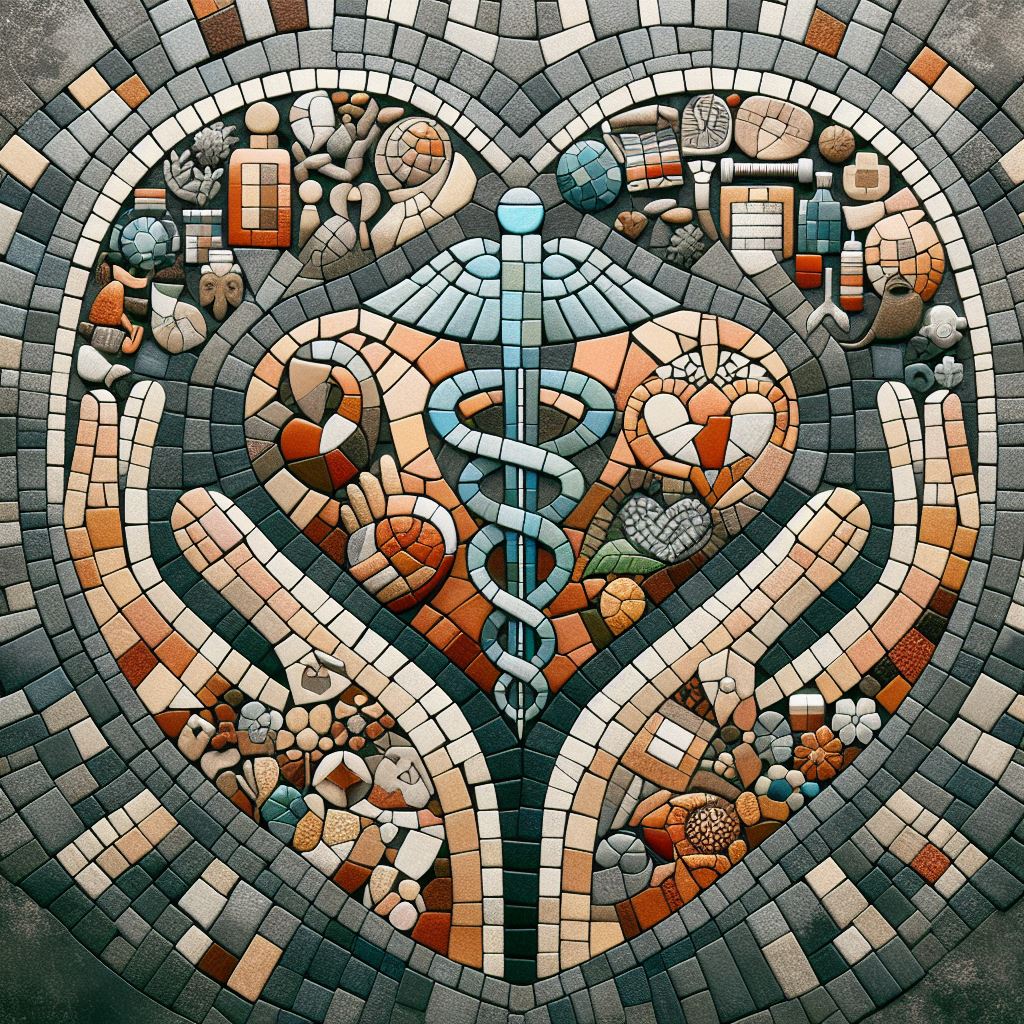Introduction:
Health Economics and Outcomes Research (HEOR) has emerged as a critical tool in shaping healthcare decisions globally. In addition to the growing complexity of healthcare, the numerous challenges that are currently being faced in the healthcare industry, such as the growing number of innovative curative therapies that come at a high cost, the movement toward universal healthcare in several countries especially in low- and middle income countries (LMICs), and the requirement to provide optimal health outcomes for patients while adhering to budgetary constraints, are bringing the demand for HEOR further into the spotlight.
The ISPOR Science Strategy:
The International Society for Pharmacoeconomics and Outcomes Research (ISPOR) has developed a Science Strategy to identify key themes that can impact HEOR and global healthcare. This strategy aligns with ISPOR’s mission to promote HEOR excellence to improve global health decision-making. It also ties in with ISPOR’s Strategic Plan Update 2024, which prioritises good research practices, dialogue platforms, and education related to new and emerging healthcare trends.
Economic Evaluation Methods:
Economic evaluation, including cost-effectiveness and cost-benefit analysis, can guide healthcare decision-making by comparing costs and outcomes. Furthermore, it requires measuring the societal readiness to pay. Health economic evaluation methods are well-established but may not reflect all considerations in real-world decision making. Key areas for further research include improving economic analysis to capture broader elements of value beyond the quality-adjusted life-year (QALY), addressing complex clinical pathways, and advancing methods for open research.
HTA in Healthcare Decision Making:
Health Technology Assessment (HTA) is a multidisciplinary approach that evaluates the value of health technologies throughout their lifecycle using specified techniques. The goal is to achieve an egalitarian, efficient, and high-quality health system through informed decision-making. In countries with universal healthcare, HTA examinations tend to be more systematic and organised. Strengthening the connection between HTA and decision-making can improve the efficiency, transparency, and fairness of this process. HEOR can help strengthen these linkages by developing methods that influence universal health coverage and health system design.
HEOR in Low and Middle-Income Countries:
As more countries move towards universal healthcare, prioritisation within limited budgets becomes paramount. Distinct healthcare needs in LMICs lead to distinct HEOR target points compared to developed countries. As more LMICs adopt universal healthcare systems, prioritising healthcare services becomes crucial and additional aspects including communicable diseases become fundamental in these countries. HEOR methods can be adapted to facilitate and align priority-setting across all aspects of a health delivery system. However, these methods are only helpful if there is synergy across problem definition, evidence generation, and decision-making.
Conclusion:
HEOR is playing an increasingly important role in shaping the future of healthcare. By providing a framework for informed decision-making, HEOR has the potential to improve patient outcomes and societal well-being. As healthcare continues to evolve, the importance of HEOR will only increase.




